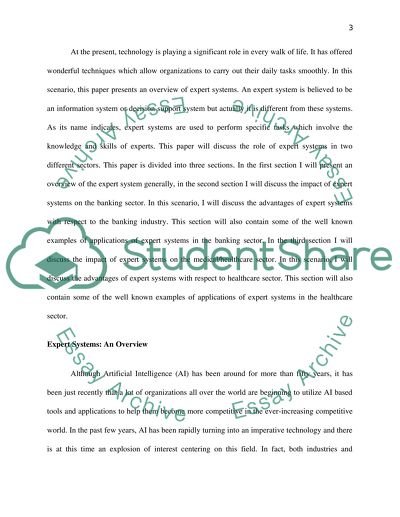Cite this document
(“Expert Systems: Impact of Expert Systems on Industrial Growth Essay”, n.d.)
Retrieved from https://studentshare.org/information-technology/1398187-expert-systems-impact-of-expert-systems-on
Retrieved from https://studentshare.org/information-technology/1398187-expert-systems-impact-of-expert-systems-on
(Expert Systems: Impact of Expert Systems on Industrial Growth Essay)
https://studentshare.org/information-technology/1398187-expert-systems-impact-of-expert-systems-on.
https://studentshare.org/information-technology/1398187-expert-systems-impact-of-expert-systems-on.
“Expert Systems: Impact of Expert Systems on Industrial Growth Essay”, n.d. https://studentshare.org/information-technology/1398187-expert-systems-impact-of-expert-systems-on.


